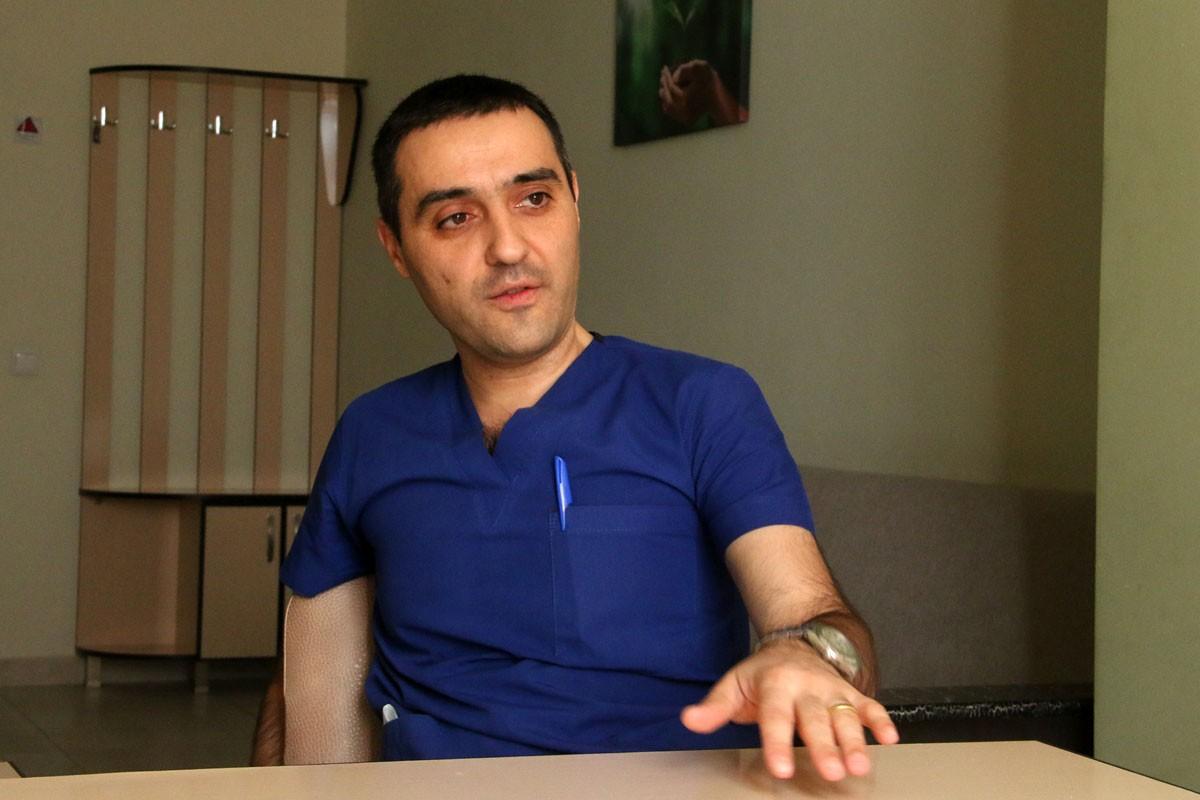
Hadrut Doctor Treated 2020 War Wounded; Knows He Can Never Go Home
Dr. Robert Gevorgyan worked as a surgeon at Artsakh’s Hadrut Hospital for ten years before Azerbaijan launched its attack on September 27, 2020.
He last saw his Hadrut house on October 5, realizing that he would never return to the town he was born in.
Dr. Gevorgyan and several staff members were still there in the evening. At 9pm he was told that they would have to leave within the hour.
There was no electricity in Hadrut the night. The darkness and sound of explosions was stifling. Dr. Gevorgyan managed to make it home and grab some clothes. He turned on his phone for some light and took the essentials. He left behind his personal items – family mementos, his professional literature, computer, even his wedding video.
He was rushed back to the hospital. And the remaining staffers and patients were taken to the village of Azokh. The local school was quickly turned into a makeshift hospital and the wounded were admitted again.
A year after the war, we met the doctor at Yerevan’s Tonoyan Medical Center. We talked in of the empty wards. He was on duty that day, and our conversation was regularly interrupted. Dr. Gevorgyan had patients to see and nurses to confer with.
It’s hard to gauge what the doctor is feeling now. The smile on his face hides the nightmare of the past.
After graduating from Yerevan’s Medical University, Dr. Gevorgyan spent three years at the Ivanyan (Khojaly) Hospital before returning to Yerevan to work in one of the medical centers. Two years later, the doctor decided to return to his birthplace, Hadrut. That was in 2010.
Life was calm before the war. The city was being rebuilt.
Before the war, Dr. Gevorgyan had bought an apple orchard and had harvested the first crop. Grapes were collected for wine in barrels.
On the morning of September 27, he heard loud rumblings. He went out on the balcony and saw smoke rising in the neighboring village of Taghaser. He thought that gunfire had broke-out on the border.
He received a call from the hospital. There were wounded to attend to. The hospital was being shelled. An ambulance driver and a woman were injured. A wounded border guard had been admitted. The woman had lost her had in the first Karabakh war. This time, she didn’t survive.
On the second day of the war, children and women were evacuated from Hadrut. Among them were Dr. Gevorgyan's wife and two children.
The doctor says that in 2016, during the four-day war, the town was also evacuated, but he and his neighbors remained in Hadrut.
This time was different, however. Dr. Gevorgyan realized the fighting was more intense. Drones were constantly in the sky, targeting military personnel on the front lines.
The Hadrut Hospital quickly filled with the wounded. The staff worked round the clock treating burn and shelling wounds.
Dr. Gevorgyan doesn’t like to talk about what he saw during those difficult days. The hospital staff did what they could to treat the 18-year-old Armenian conscripts being admitted from the front.
The medical staff remained in Azokh until October 12. Dr. Gevorgyan then went to the hospital in Stepanakert. He then got a call from family members in Goris that his mother had contracted the coronavirus and was being treated in Yerevan. He went to Yerevan. Later his colleagues told him they didn’t need his help in Stepanakert. Besides, he too might have contracted the virus.
Dr. Gevorgyan says the November 10 ceasefire statement deeply upset him. He figured that all had been lost – his Hadrut home, the family graves, everything. It was an open wound that took months to overcome.
"Did you expect such a defeat?" I ask the doctor.
“When they started bringing a lot of wounded, yes. They also brought people who had not yet reached the battlefield and were wounded by drones on the roads. It meant we were losing,” he replies.
“What questions are you still asking yourself?”
“Many questions, but I cannot say. Many have no answer. Why did Hadrut fall? I do not know who will answer this question. If they say that Hadrut and Shushi were taken by subversive groups…”
Dr. Gevorgyan has not returned to Artsakh. He says it’s very difficult to return and not be able to go home.
His parents hope that Armenians will take Hadrut back one day and they will return home again. I ask the doctor what he’d do first if he could return to his birthplace.
He smiles and says that he knows that the family house is destroyed and looted.
“I’ll go to the cemetery first.”
Dr. Gevorgyan scours the internet any photo of the house in Hadrut. He’s drawn a blank.
I ask him if not finding any trace of the house in Hadrut pains him.
"It hurts, but sometimes you still want to look for it.”
 Videos
Videos Photos
Photos
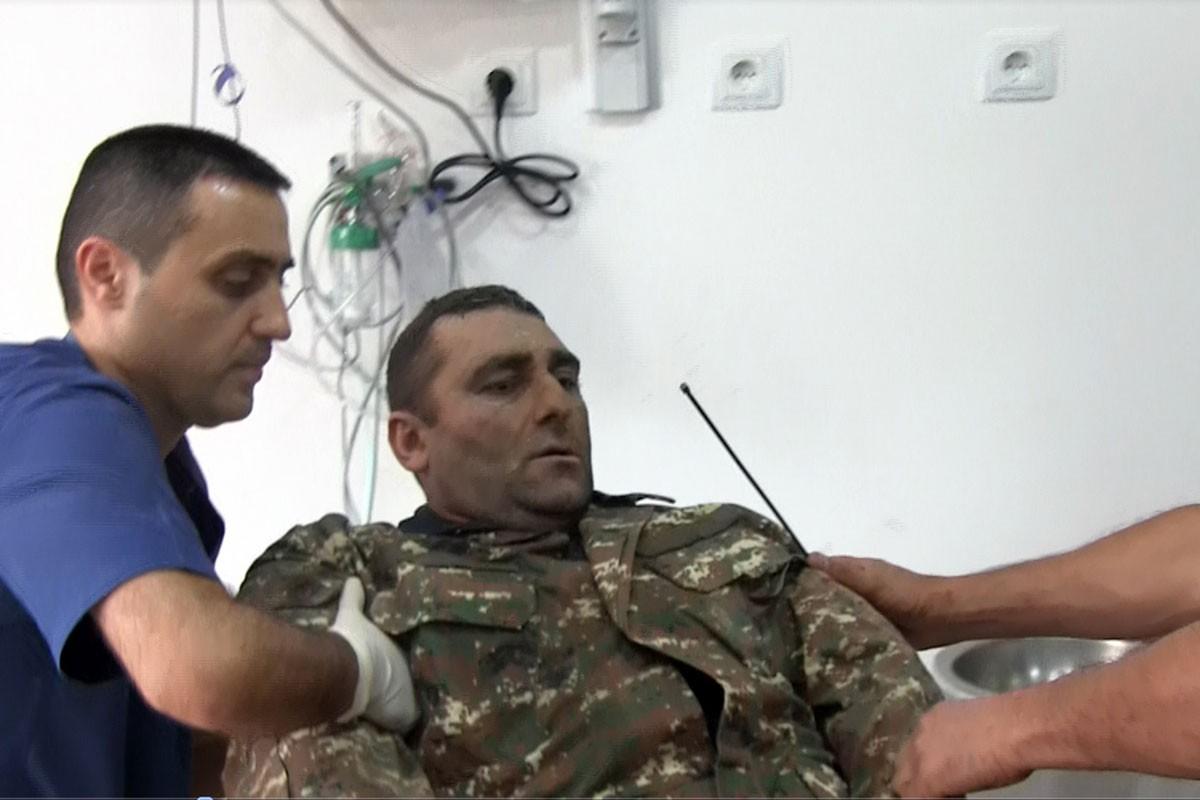
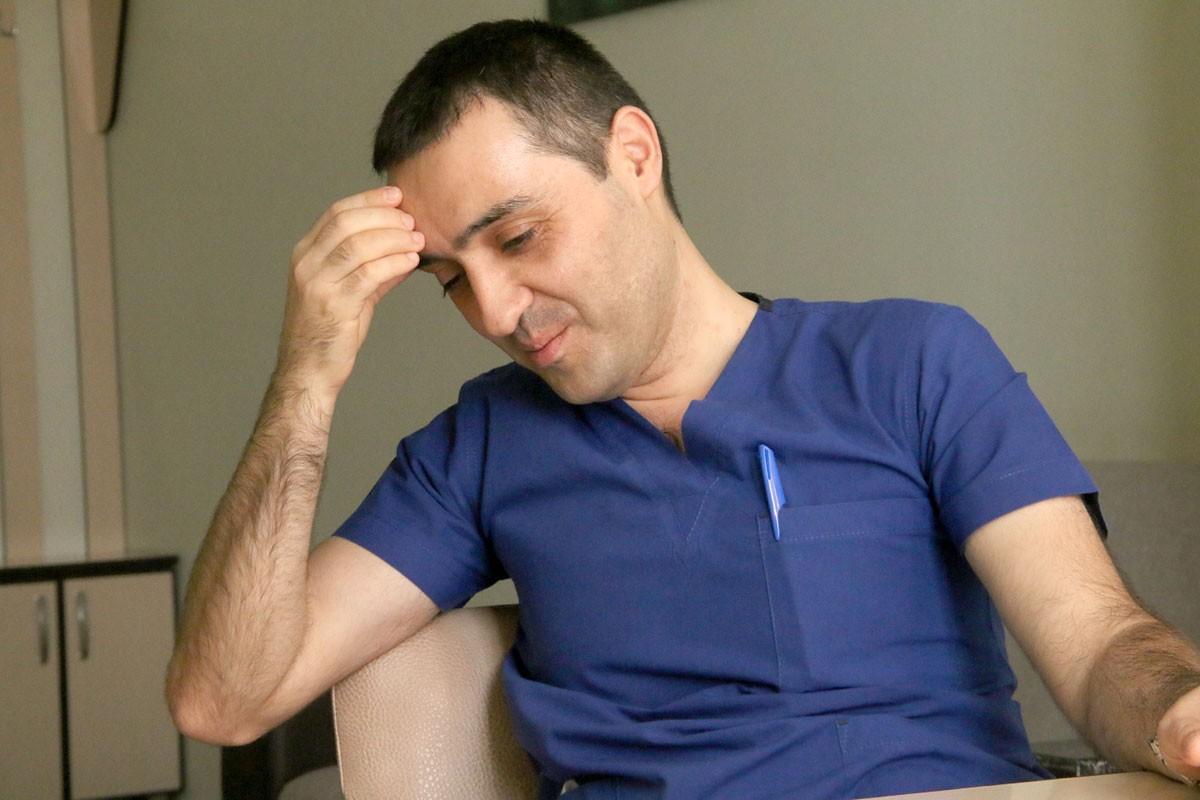
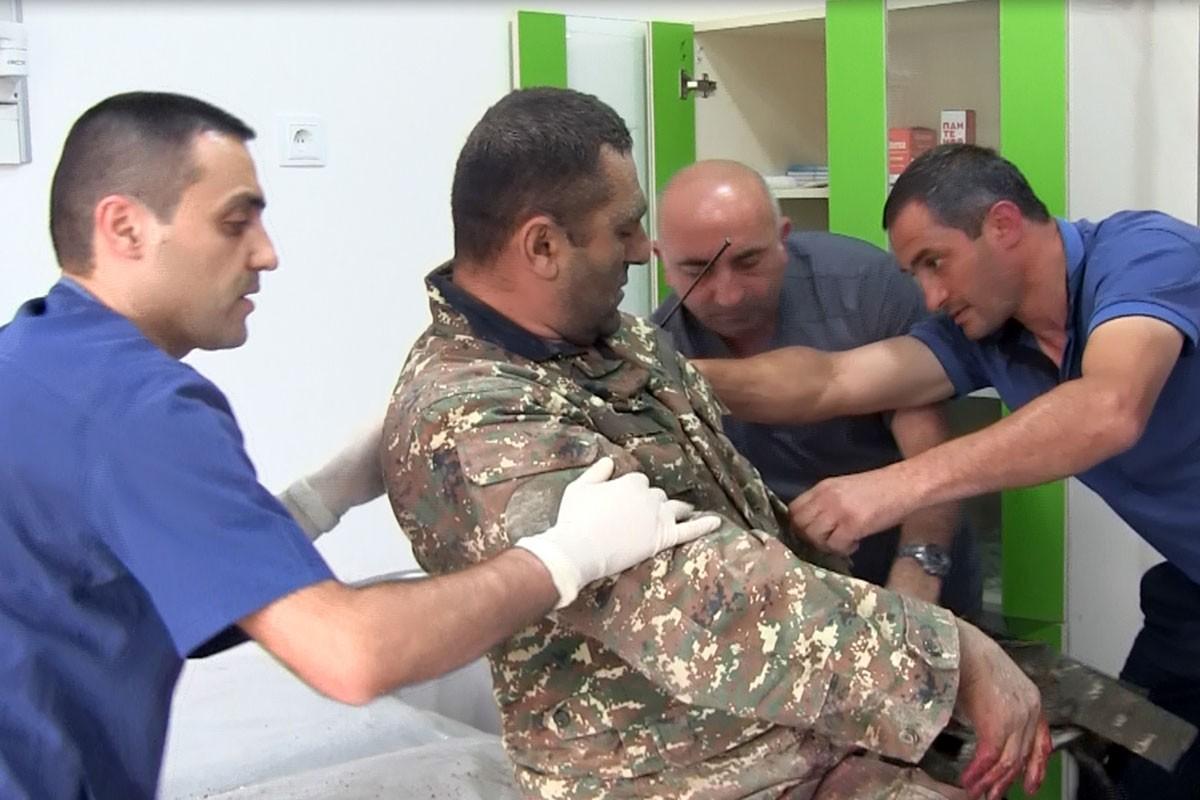
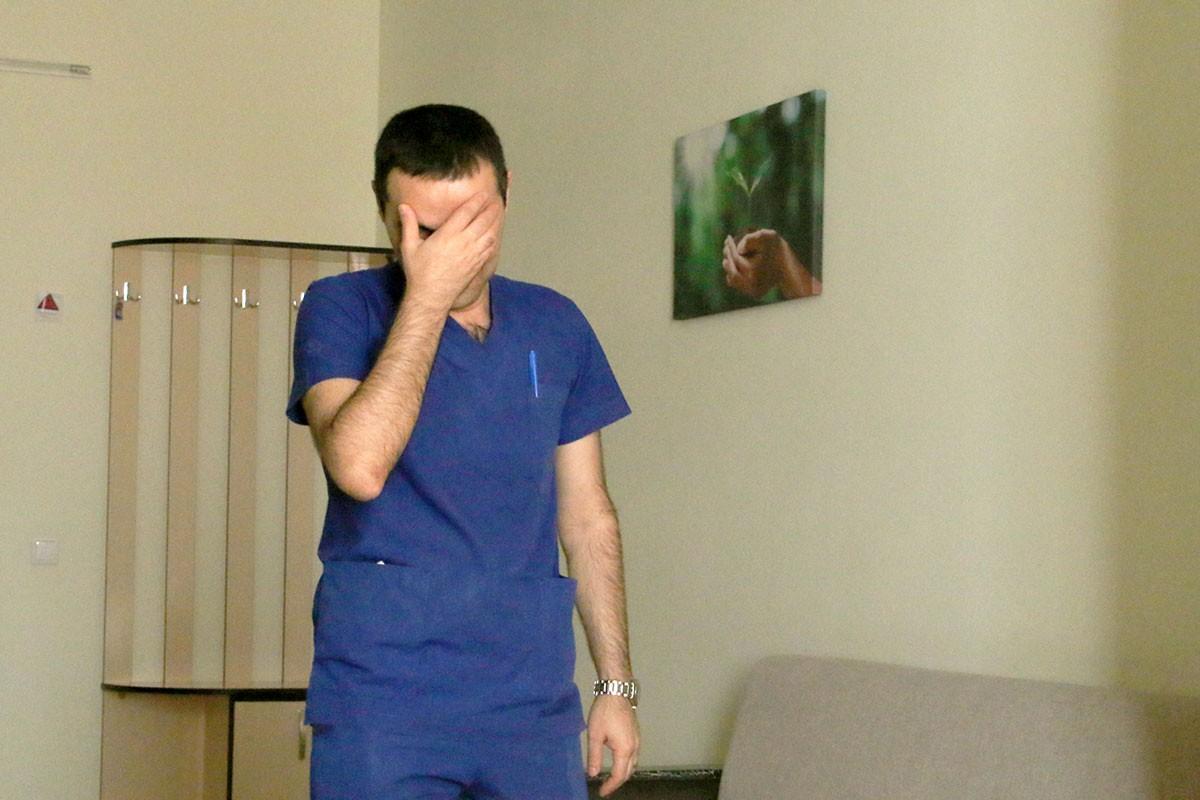
Write a comment